U.S. News
18 Foods That May Disappear Under California Governor Newsom’s Health Reforms
By Jake Beardslee · January 4, 2025

This initiative builds on California’s leadership in passing the 2023 California Food Safety Act, banning certain additives, and its long history of improving school meal standards. While advocates hail these reforms as necessary to protect public health, critics argue they could complicate business operations and consumer choice. As debates heat up, here’s a closer look at 18 foods that could be affected by Newsom’s policies and why they’re in the spotlight. Bureau of Reclamation / Wikimedia
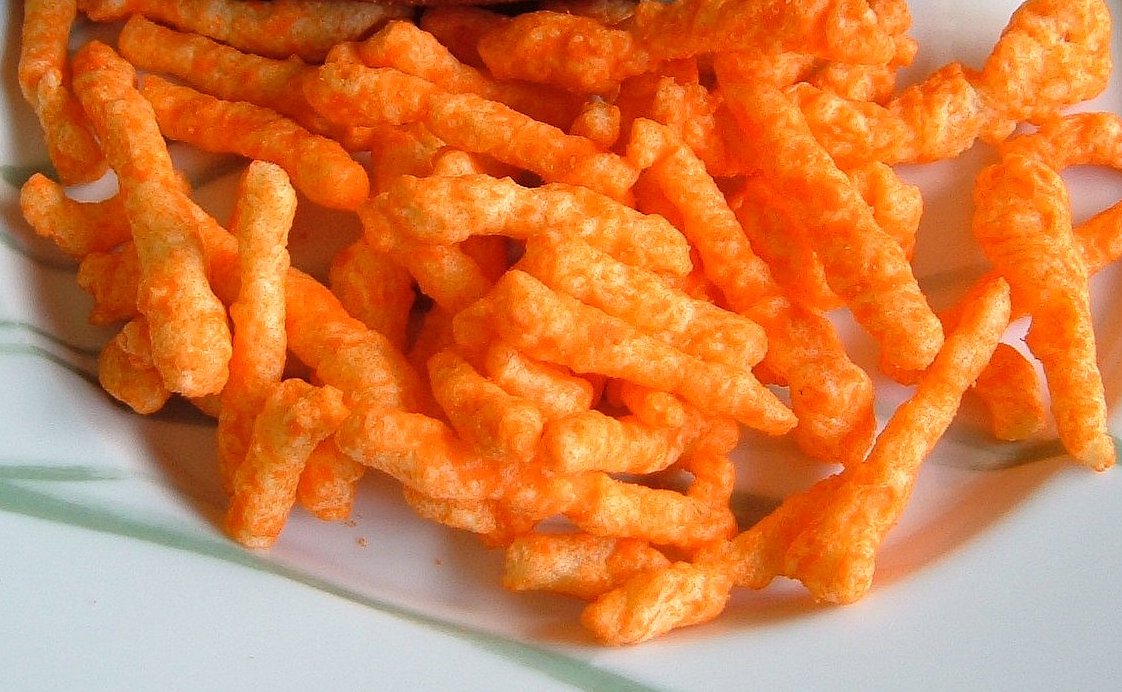
Flamin’ Hot Cheetos
These fiery snacks have been a favorite in schools and convenience stores for decades, but their vibrant red-orange hue comes from synthetic dyes like Red Dye No. 3. Studies have linked these dyes to hyperactivity in children and potential carcinogenic effects. Under Newsom’s directive, such snacks could be removed from school menus entirely by 2027, aligning with his earlier efforts to ban synthetic dyes in public schools. Scott Ehardt / Wikimedia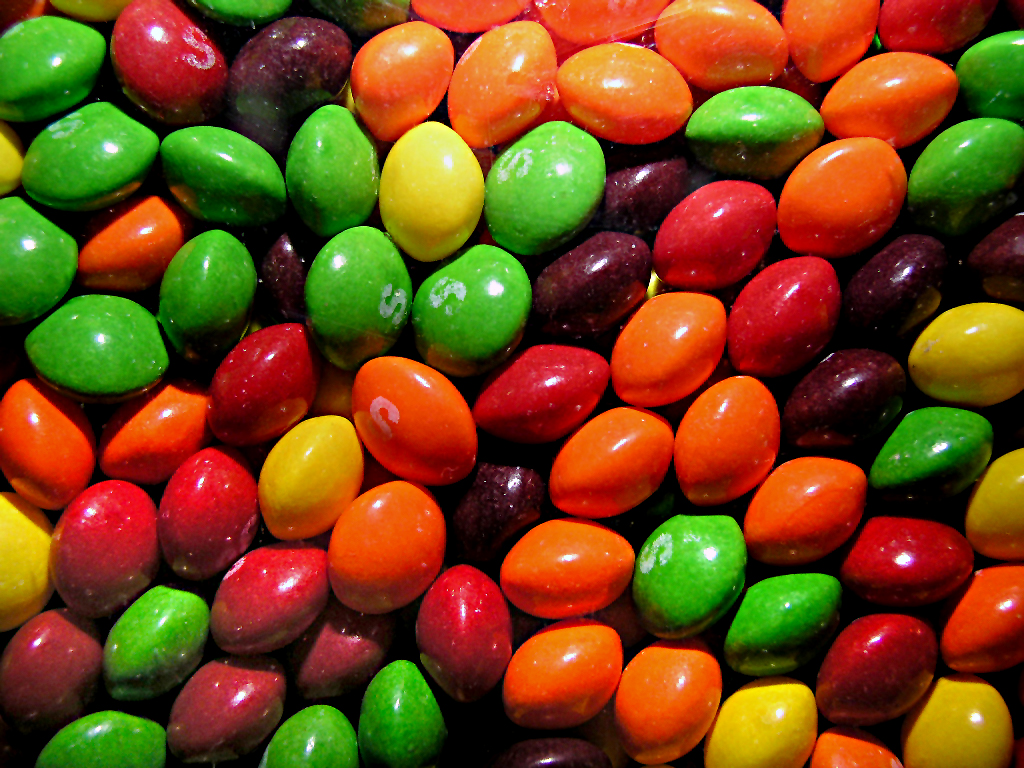
Skittles
While the “Skittles ban” didn’t pass in its original form, these colorful candies contain additives like titanium dioxide, which some studies suggest may pose health risks. The European Union has already banned titanium dioxide in food, and California’s growing scrutiny of additives may signal the end of these candies in their current form. PiccoloNamek / Wikimedia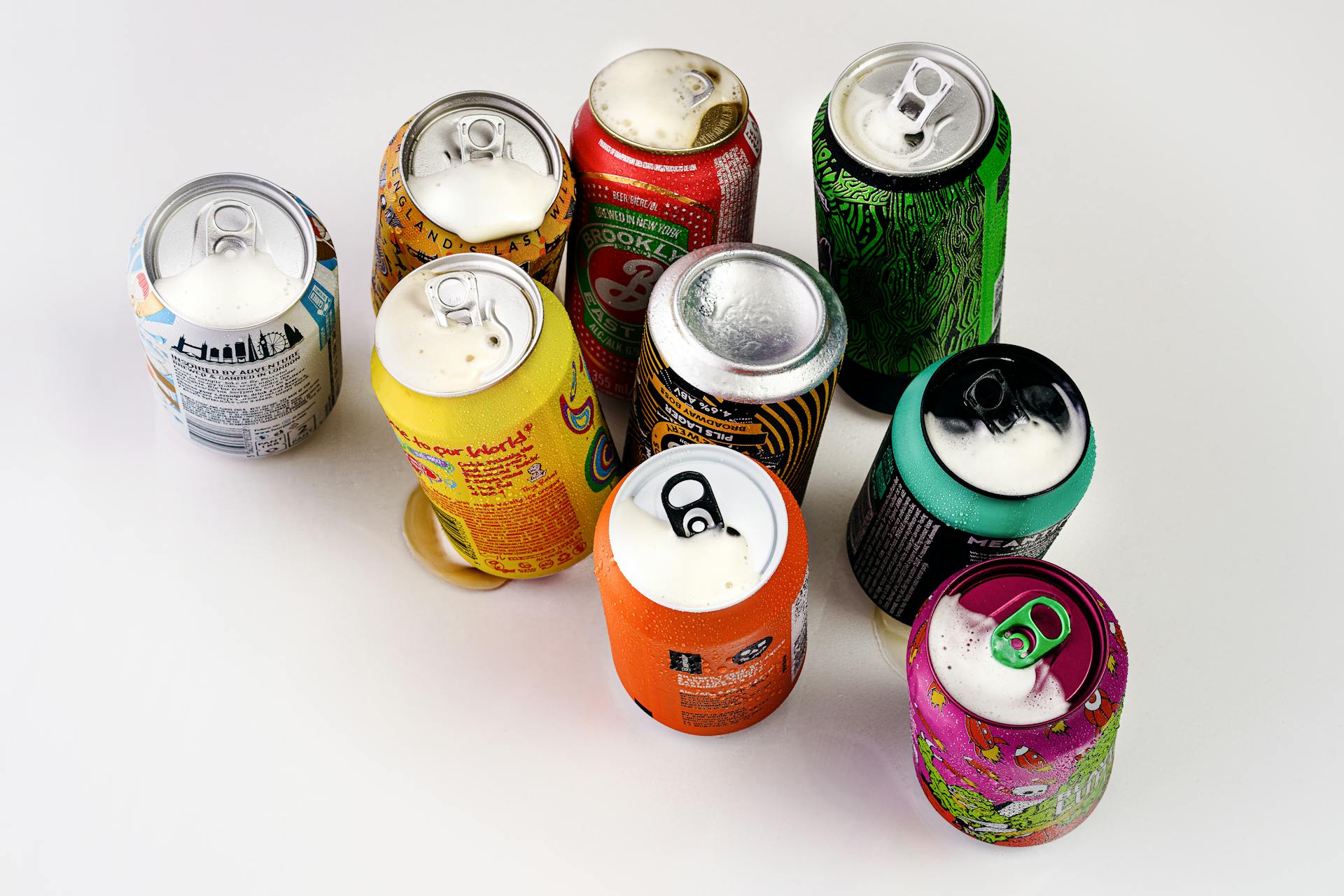
Sodas
Sugary beverages like sodas have long been in the crosshairs of health advocates. They are a major contributor to obesity and diabetes, and Newsom’s policies could take a step further by requiring warning labels or outright restricting their purchase through state food programs. Efforts to limit soda sales in schools date back to 2009, and Newsom’s latest executive order builds on this history. Sebastian Coman Photography / Pexels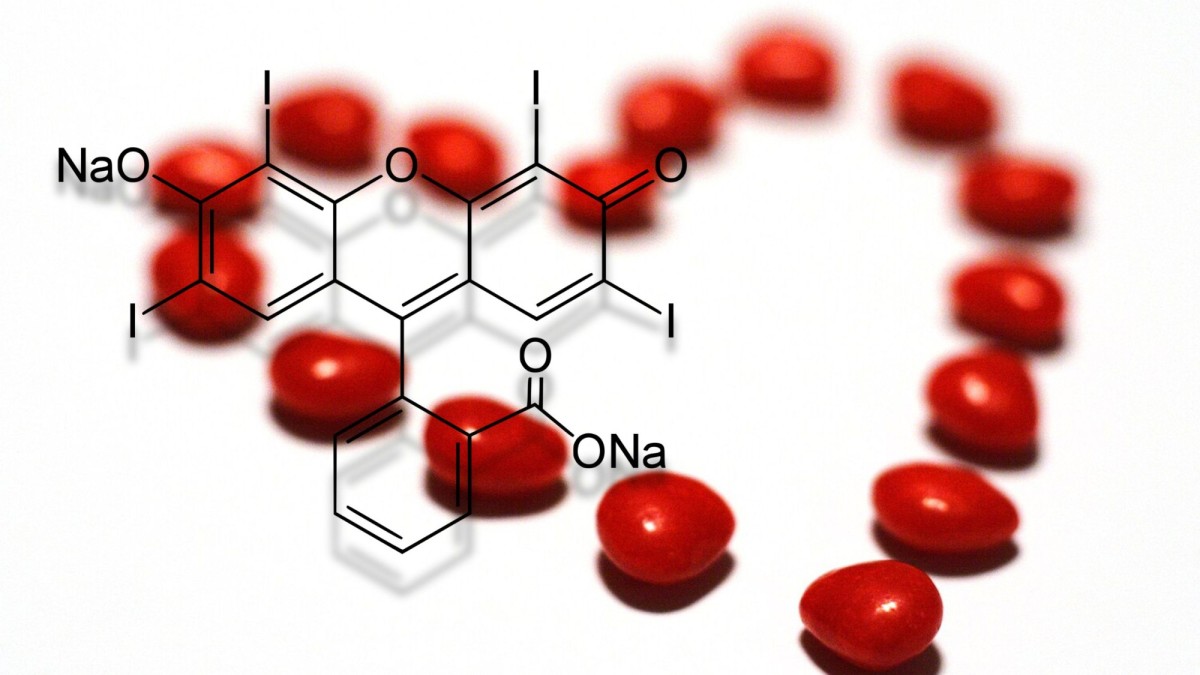
Candy with Red Dye No. 3
A staple in many popular sweets, Red Dye No. 3 has been linked to cancer in animal studies. California recently banned the dye under its Food Safety Act, making it illegal in products sold within the state. This could impact the availability of candies like gummies, hard candies, and more. PD-US / Michelle Tribe / Wikimedia
Packaged Chips
With high levels of sodium, artificial flavors, and preservatives, chips are a likely target under Newsom’s call for reduced consumption of ultra-processed foods in schools and government programs. icon0 com / Pexels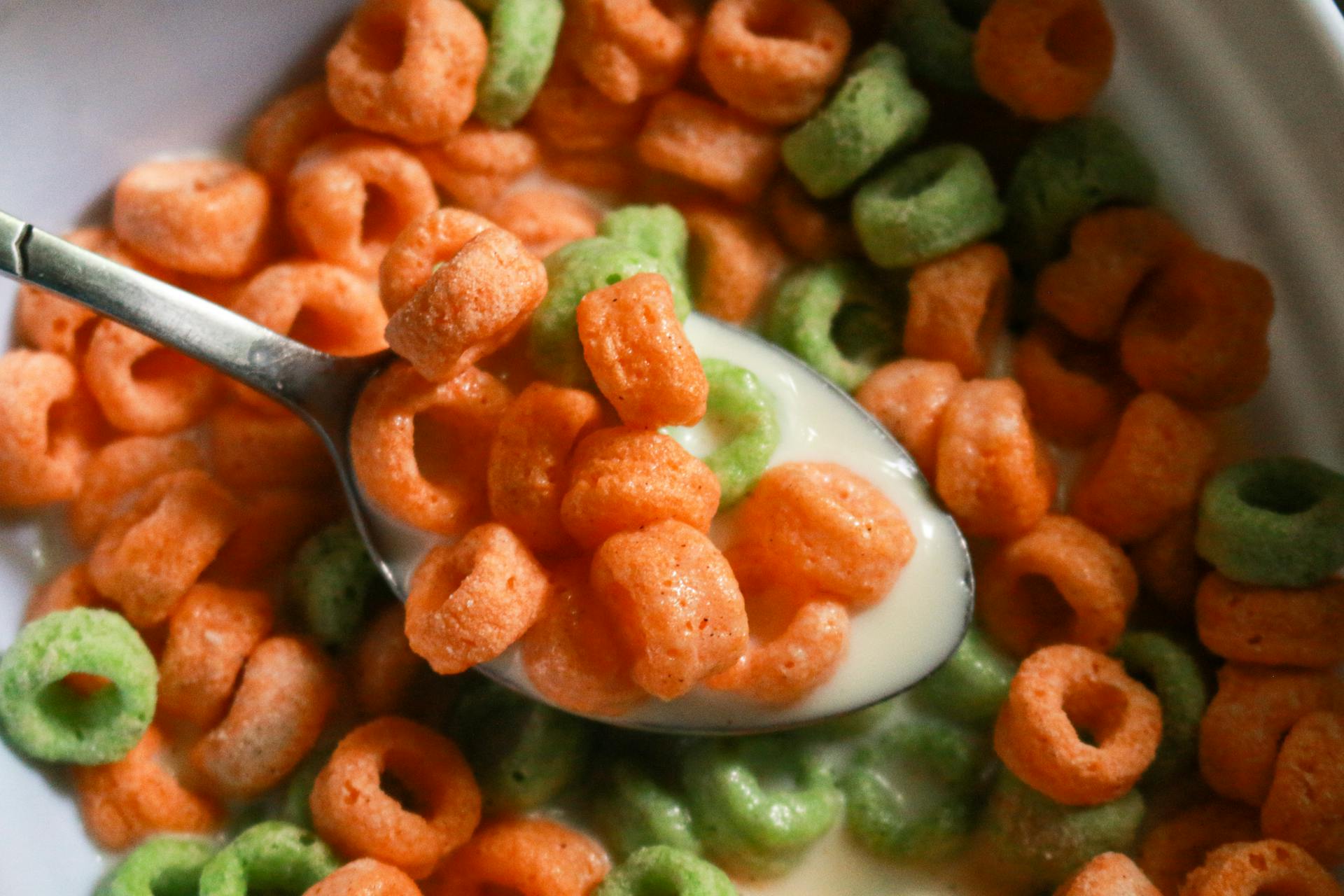
Sugary Cereals
Popular breakfast cereals often include brominated vegetable oil or potassium bromate, additives associated with health risks. California’s existing Food Safety Act already targets such ingredients, which could lead to reformulations or restrictions on beloved brands. Ethan Michael / Pexels
Soft Drinks with Artificial Additives
Beyond sugar, many soft drinks contain brominated vegetable oil to stabilize flavors. This additive is banned in the European Union but still permitted in the U.S. Newsom’s initiative could push for similar restrictions in California. Smokefoot / Wikimedia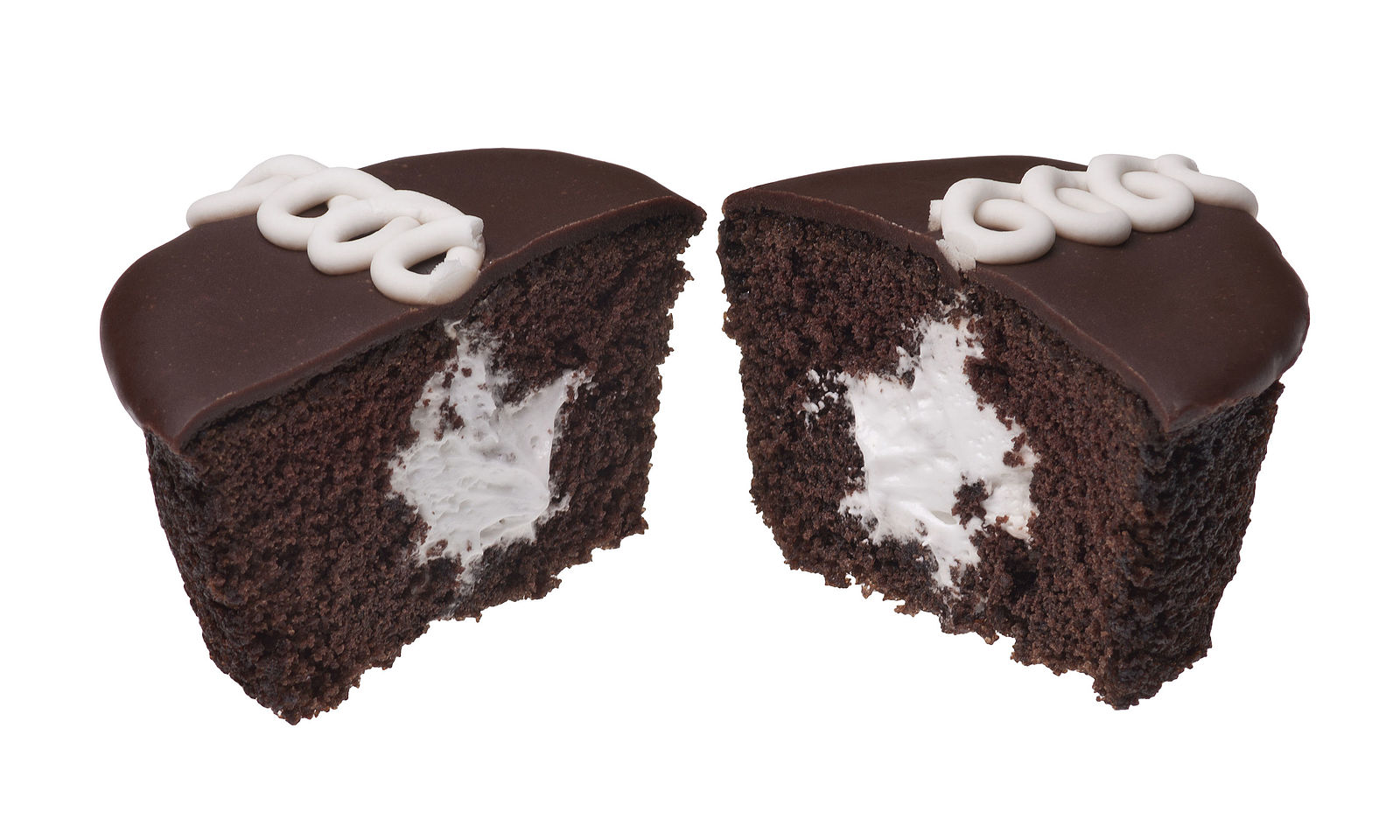
Snack Cakes
Packaged snack cakes often use propylparaben as a preservative. With California banning this ingredient under the Food Safety Act, these sweet treats may disappear from shelves unless manufacturers reformulate their recipes. Evan-Amos / Wikimedia
Processed Lunch Meats
Highly processed meats, such as deli slices or pre-packaged ham, contain nitrates and nitrites linked to cancer risks. Newsom’s policies could lead to warning labels or reduced availability in government-supported programs. Pixabay / Pexels
Ice Cream with Synthetic Additives
Popular ice cream brands often include synthetic stabilizers and emulsifiers. California may require labeling or limit these additives to reduce their health risks. Stocksnap / Pixabay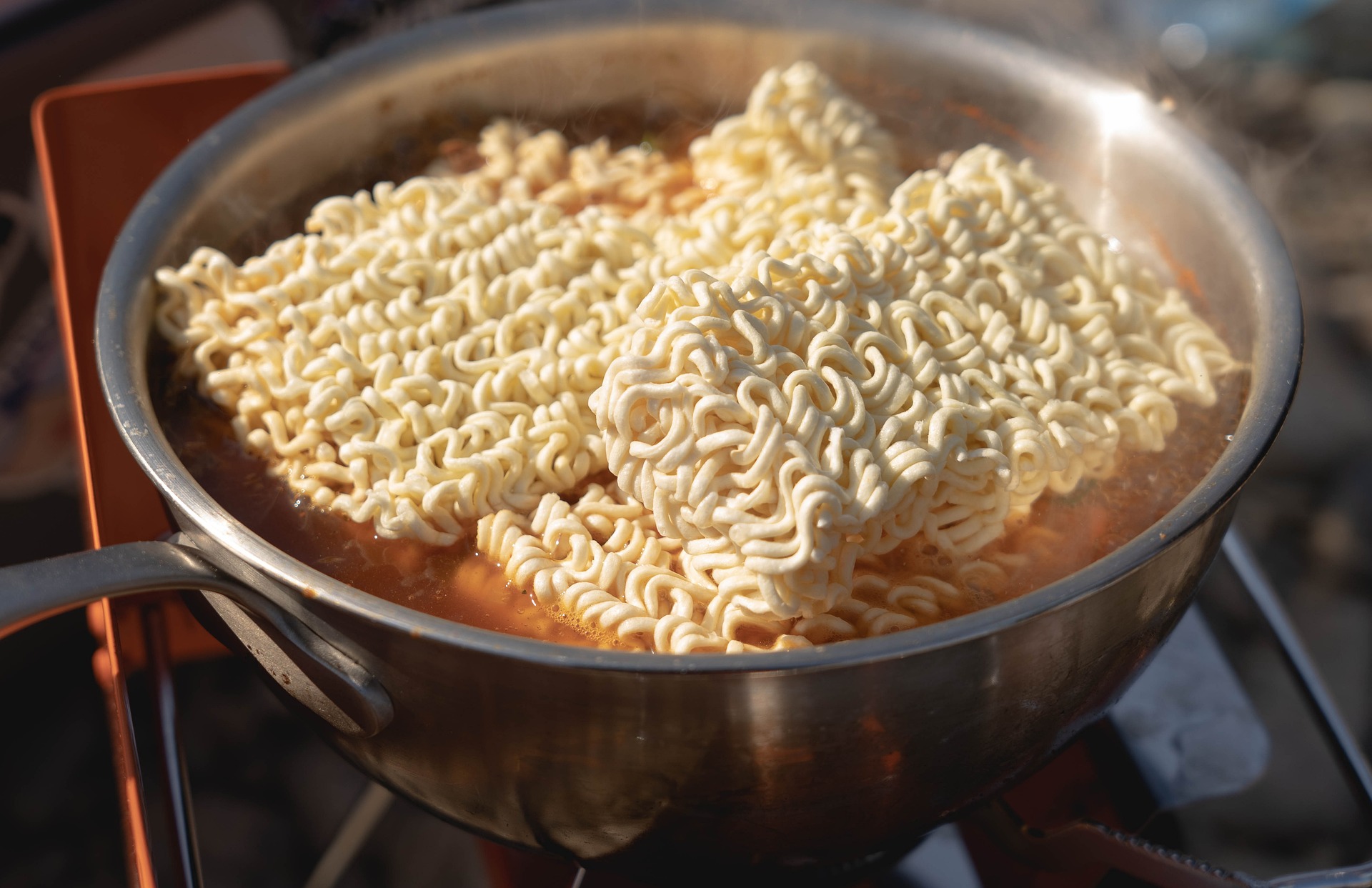
Instant Noodles
Affordable and widely consumed, instant noodles are heavily processed and include additives for flavor and preservation. Their place in school or government programs may be reconsidered under Newsom’s directives. half_rain / Pixabay
Frozen Pizzas
Frozen pizzas often rely on brominated vegetable oil and synthetic flavoring, which may put them under scrutiny in California’s ongoing health reforms. igorovsyannykov / Pixabay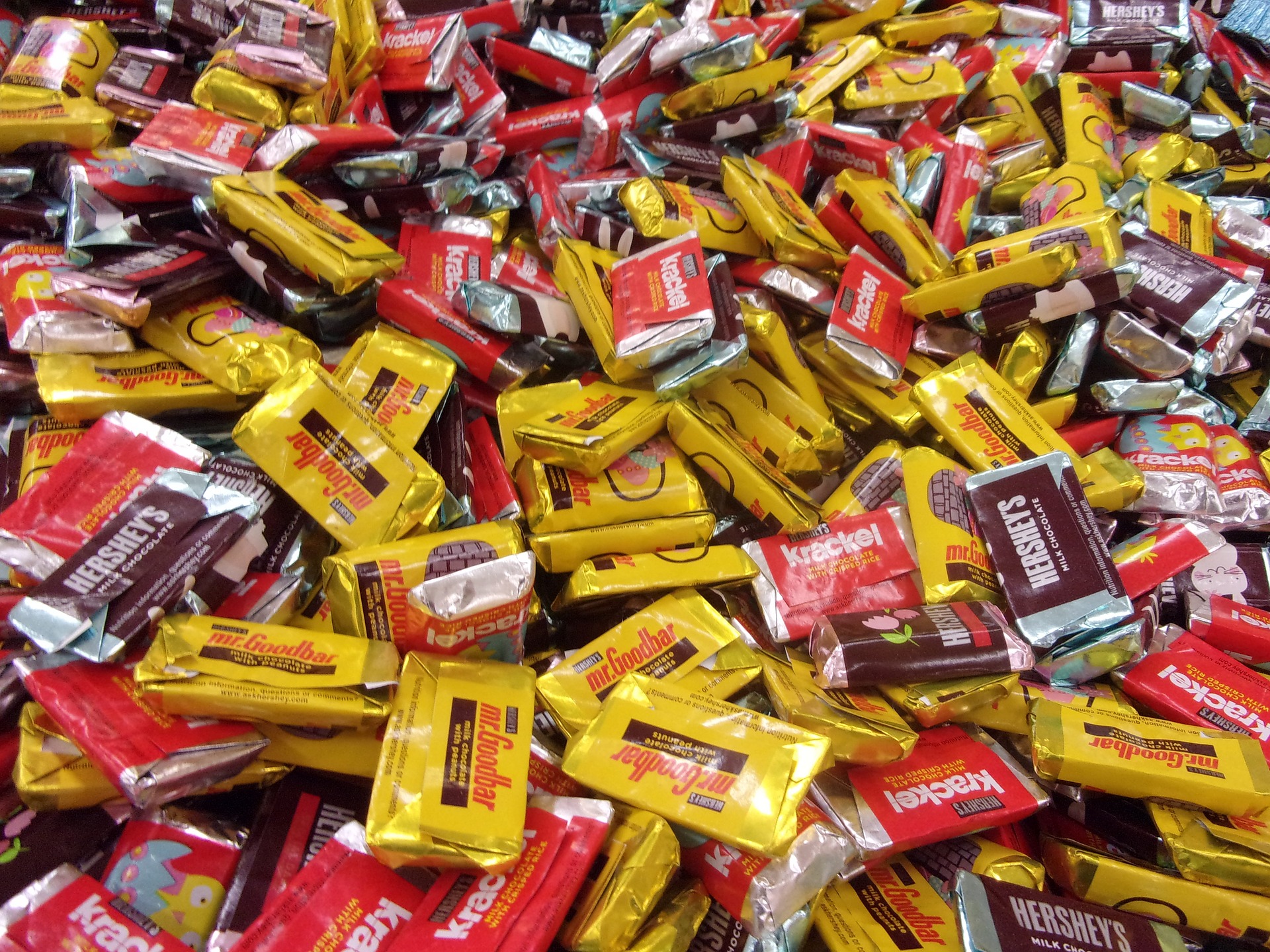
Candy Bars
Packed with synthetic dyes, artificial flavors, and sugar, candy bars could face restrictions similar to those targeting other processed sweets. makingmilly / Pixabay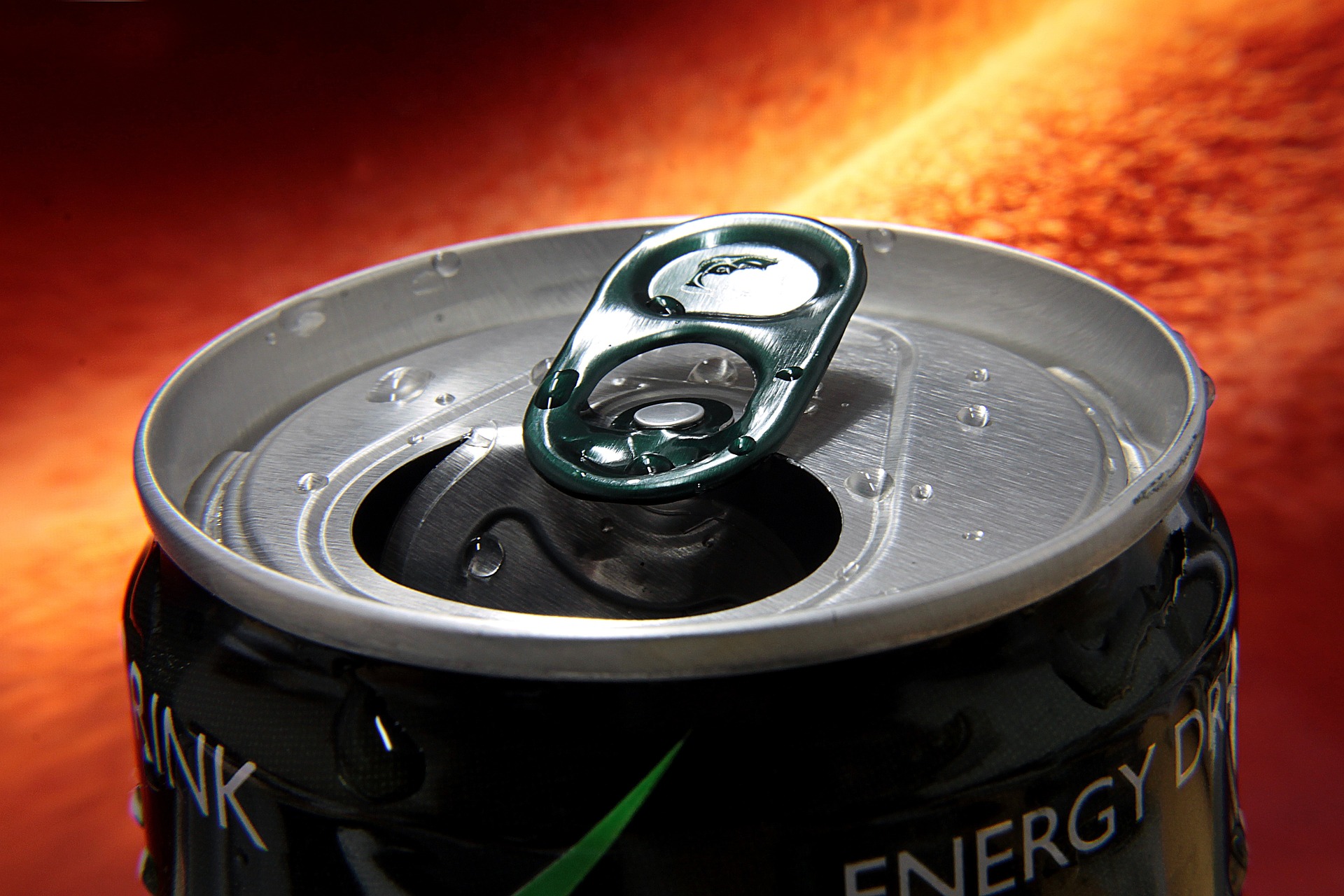
Energy Drinks
These highly caffeinated beverages are a concern for both sugar content and artificial dyes. Newsom’s policies could lead to health warnings or reduced access through state programs. Gadini / Pixabay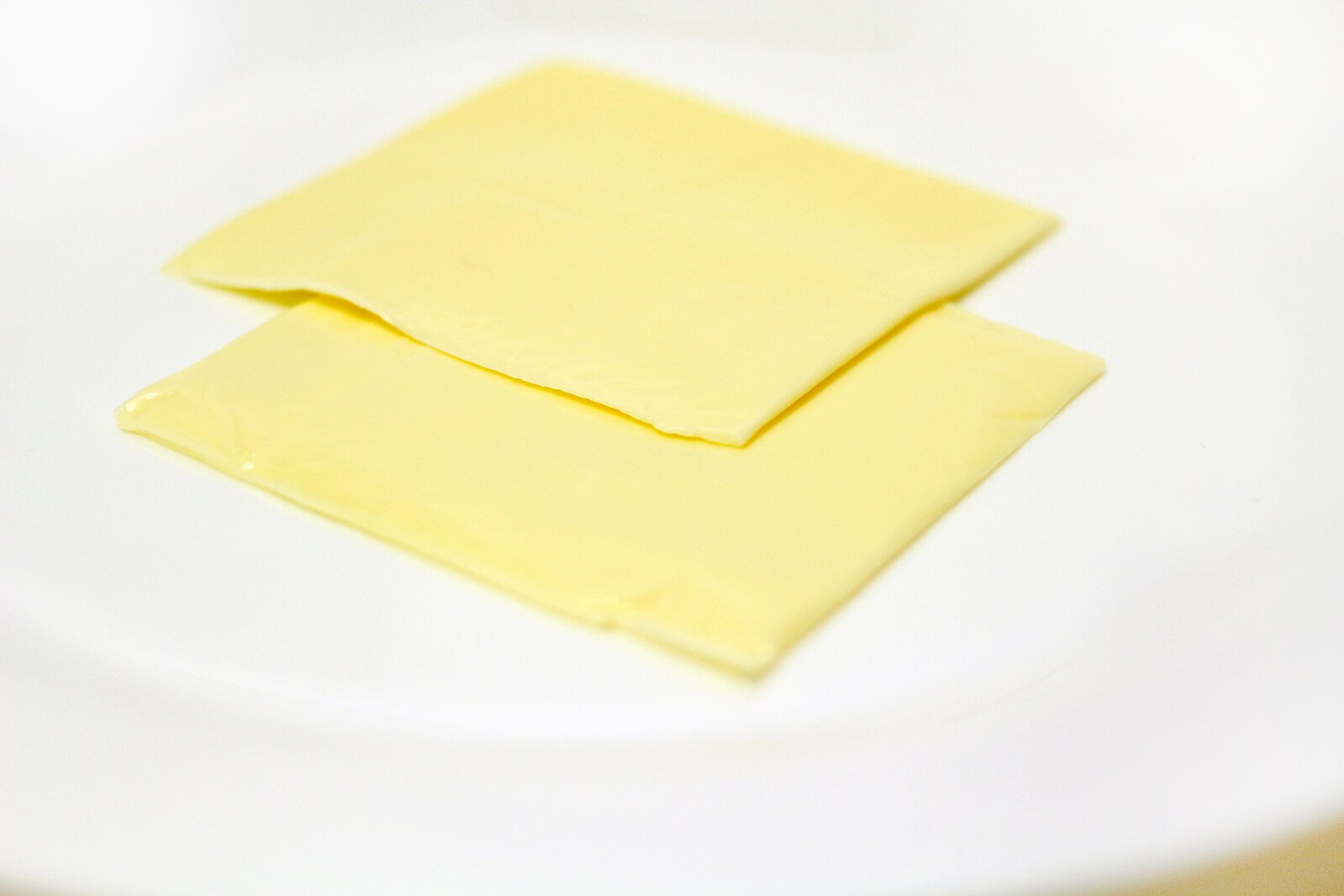
Processed Cheese Products
Products like cheese spreads or single-wrapped slices are highly processed and often include additives that California may identify as harmful. Hyeon-Jeong Suk / Wikimedia
Sports Drinks
These beverages are high in sugar and often include synthetic coloring. Newsom’s executive order could push for restrictions or labeling requirements. Ketut Subiyanto / Pexels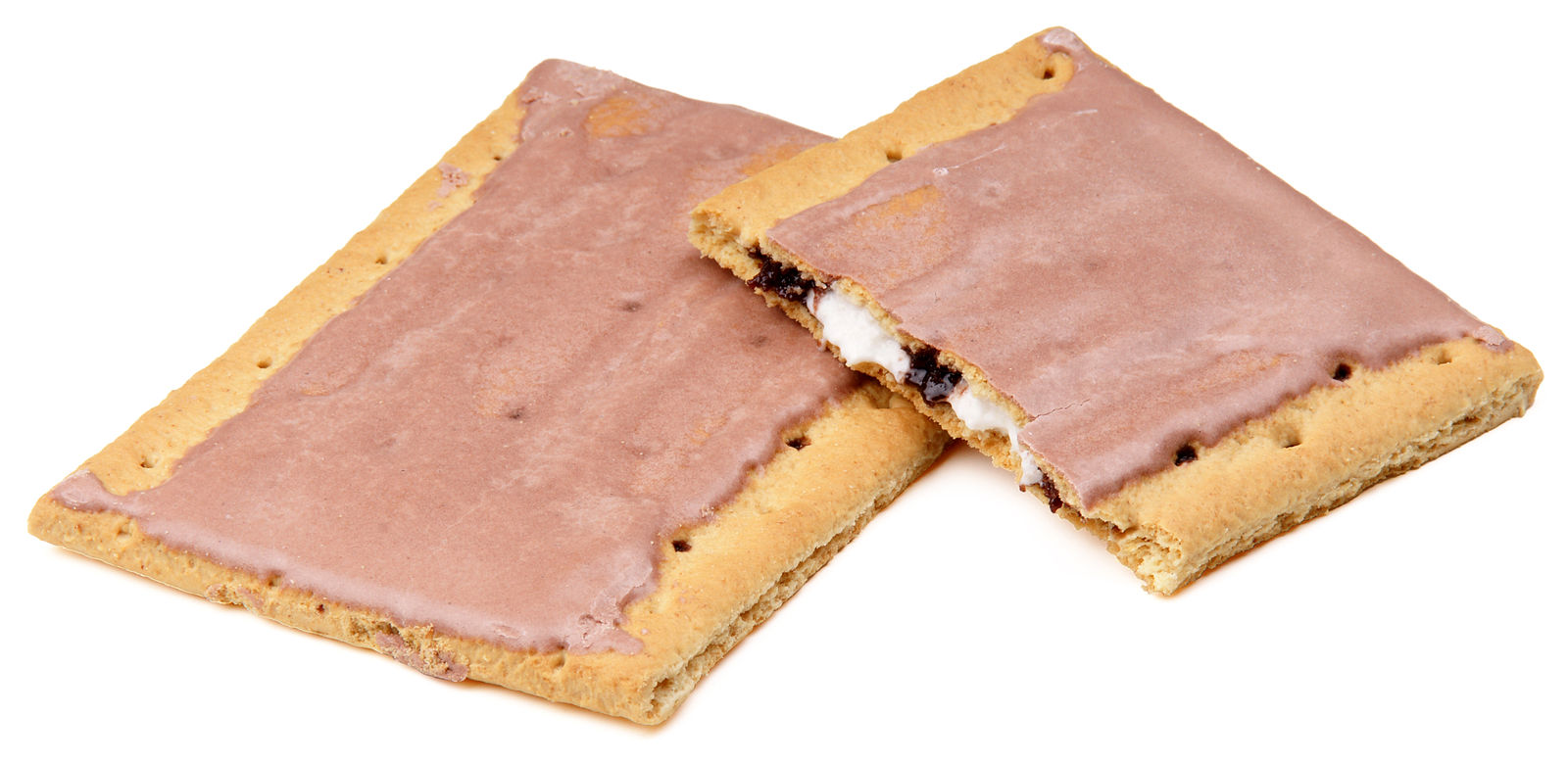
Packaged Pastries
Widely available in convenience stores, these products often contain synthetic preservatives and dyes, making them a likely target for reform. Evan-Amos / Wikimedia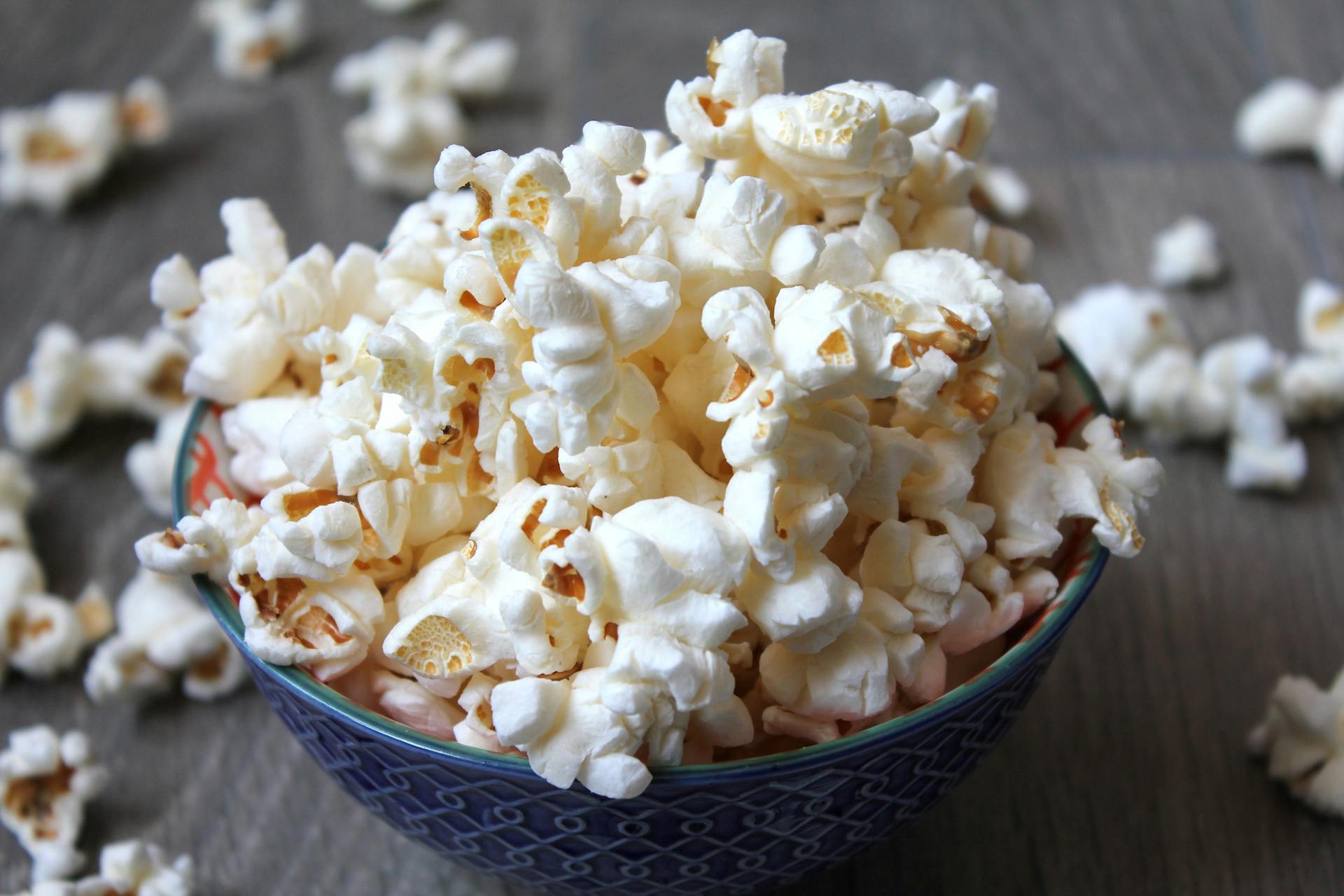
Microwave Popcorn
Artificial butter flavoring and chemical stabilizers in microwave popcorn have long been criticized for their health effects, and California could push for changes. Mo Abrahim / Pexels
As the nation watches, California’s efforts may set a precedent for food safety reform across the United States. Whether these policies face widespread adoption or stiff resistance, one thing is clear: the food landscape is about to change. Jack Gruber / USA TODAY NETWORK